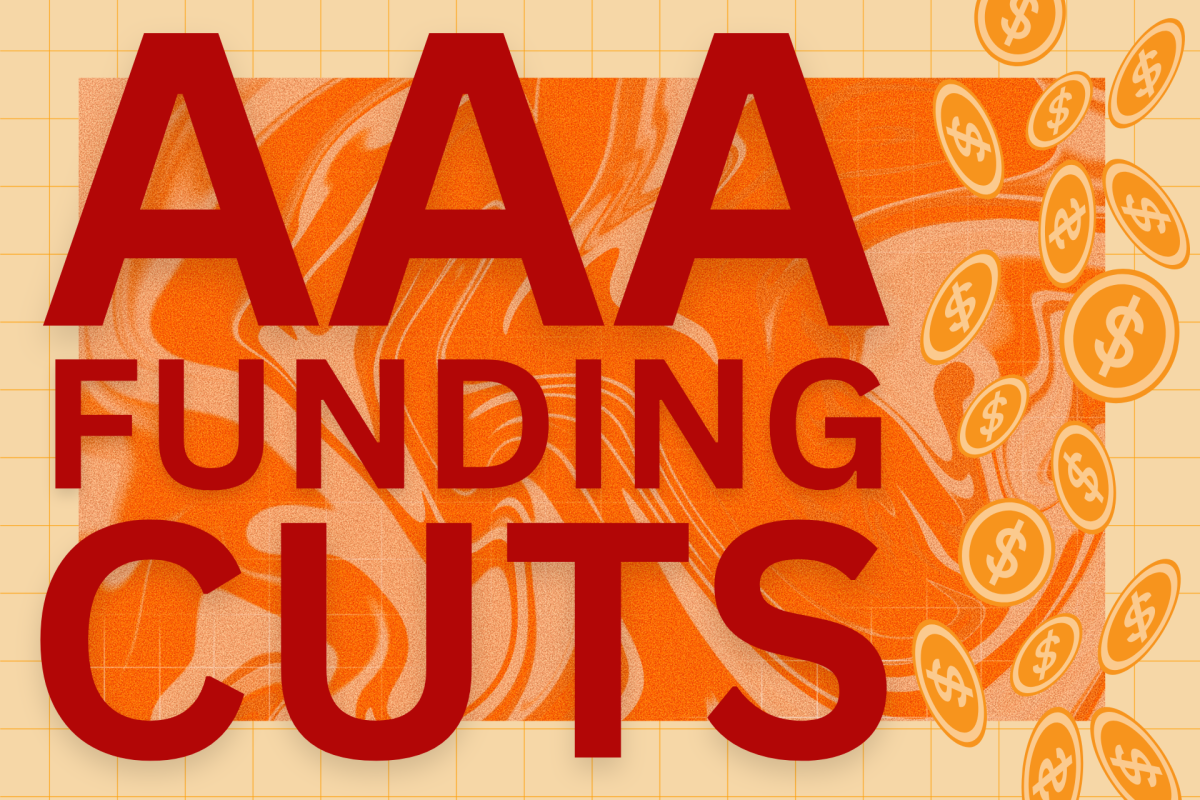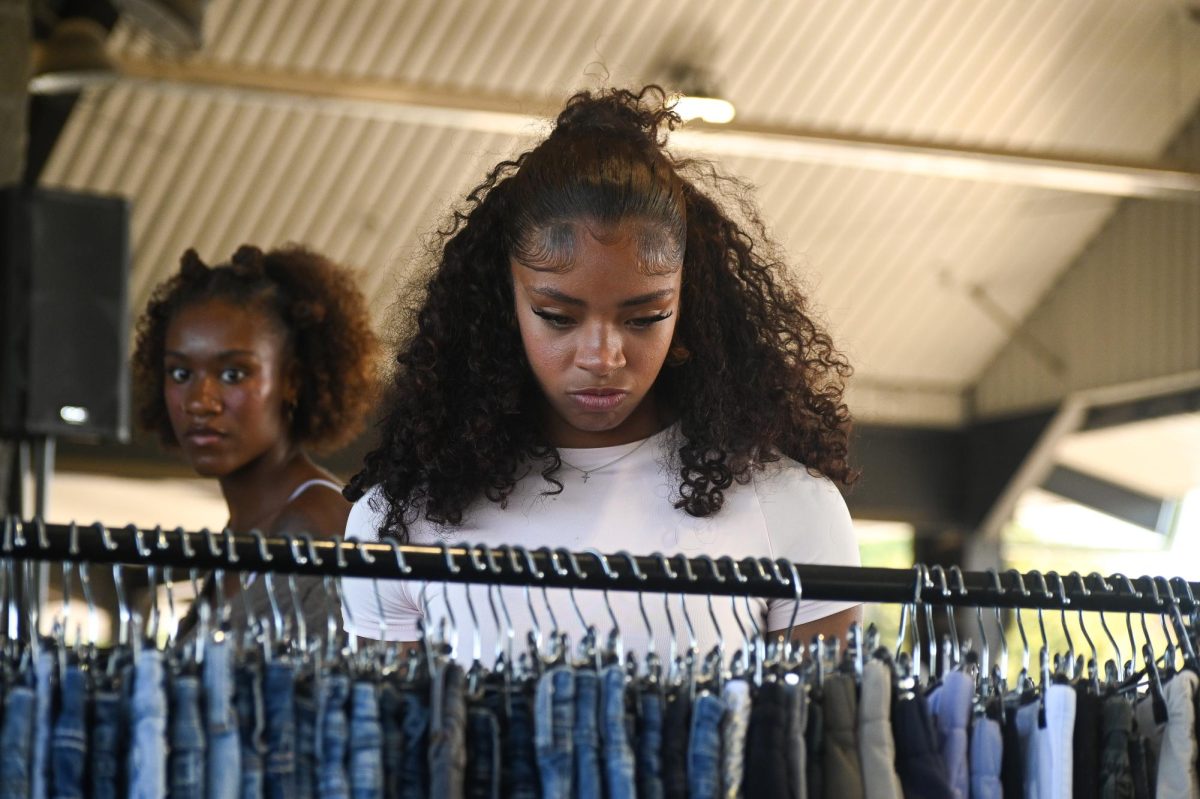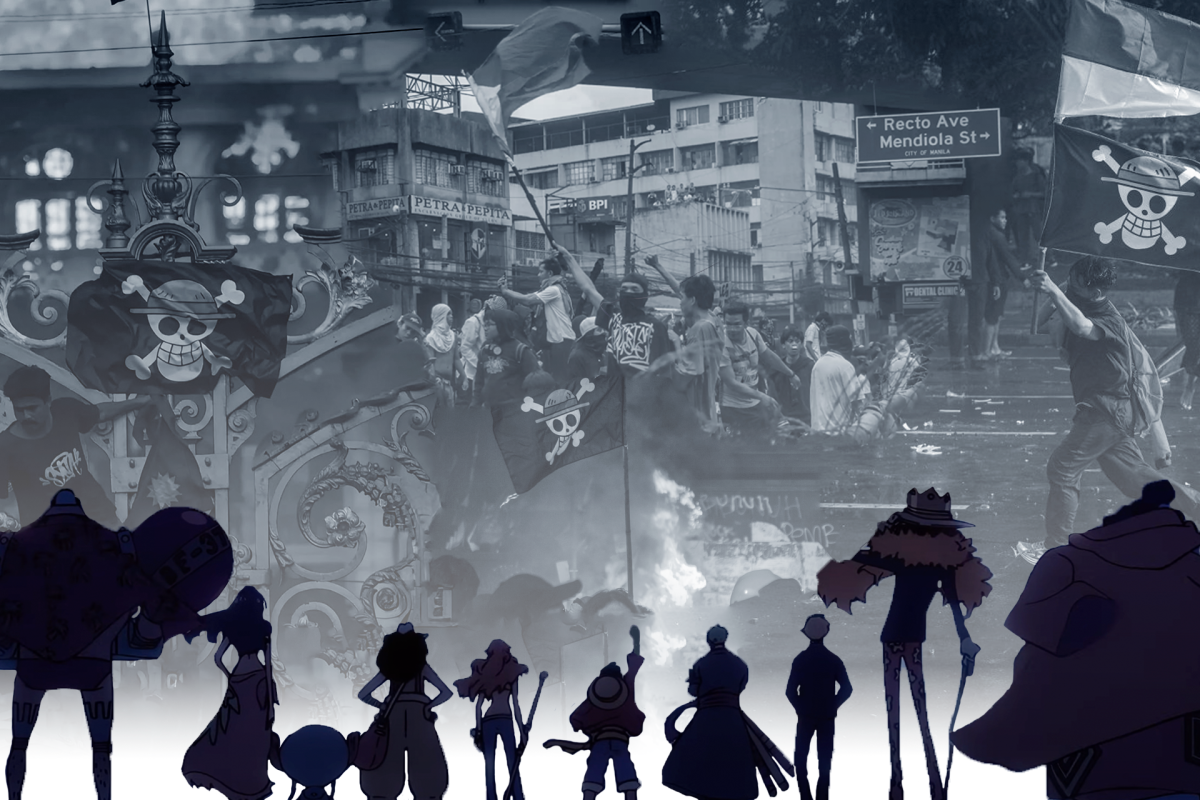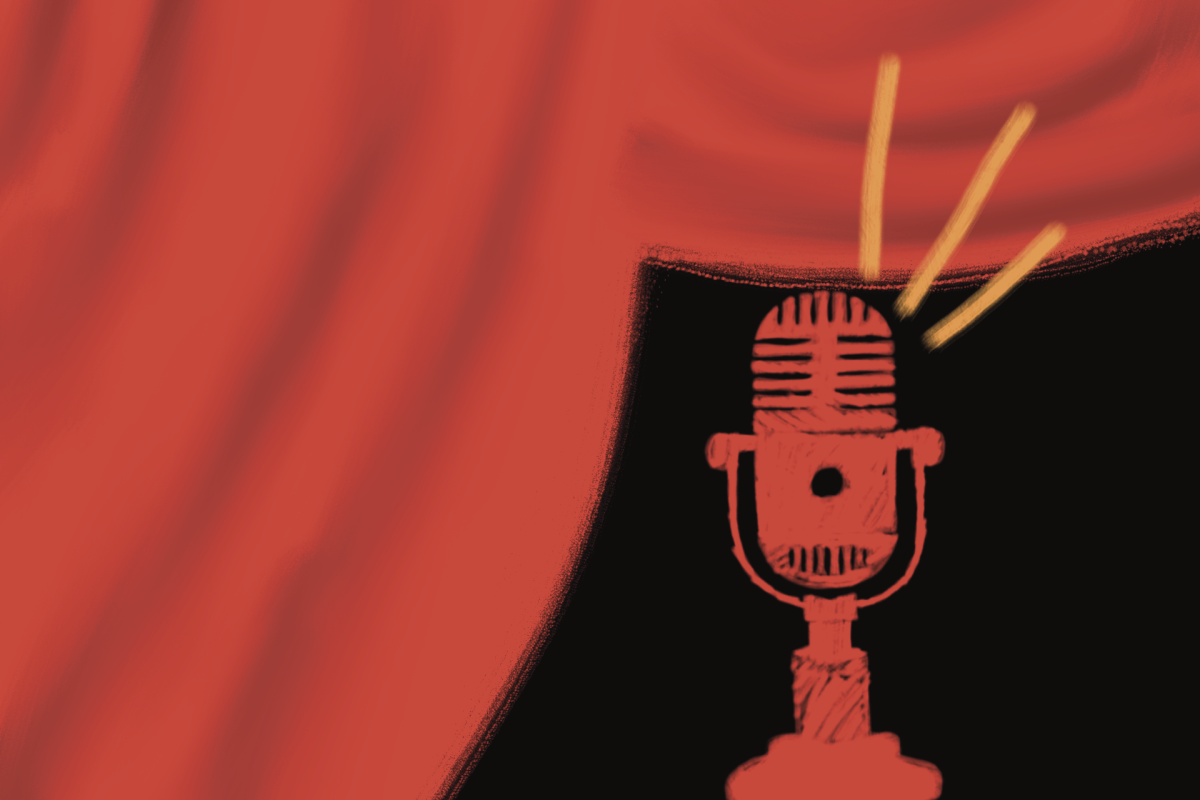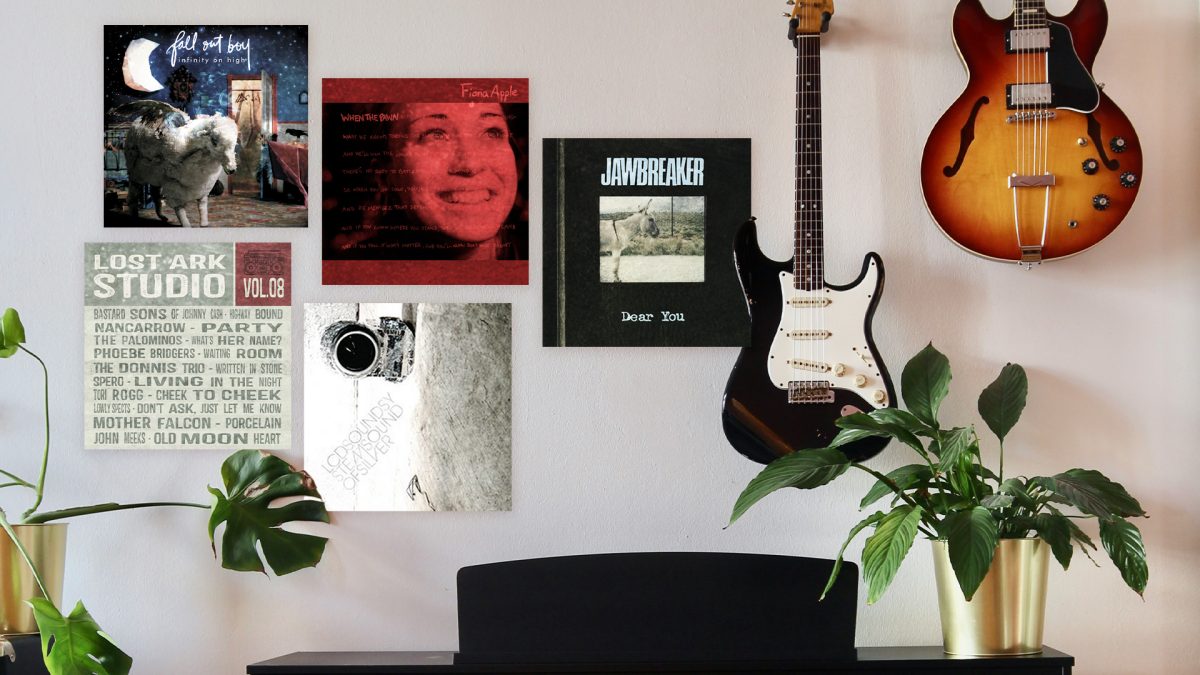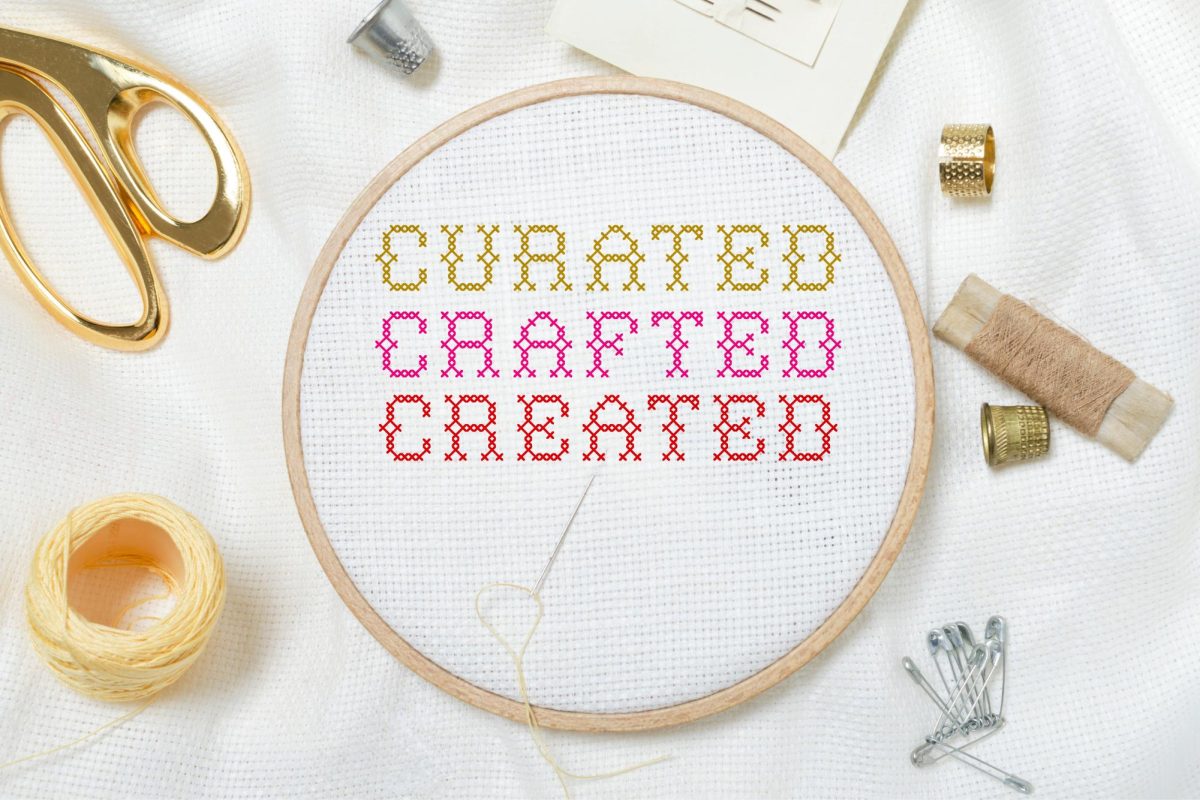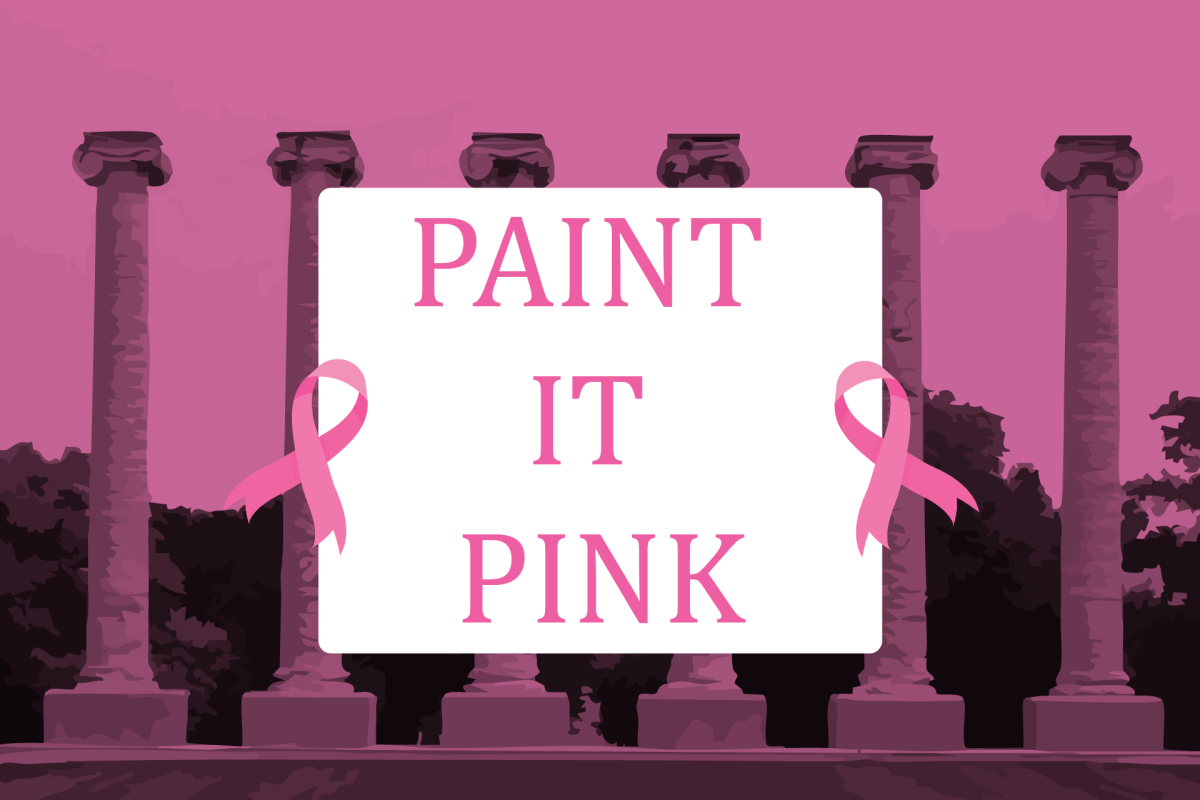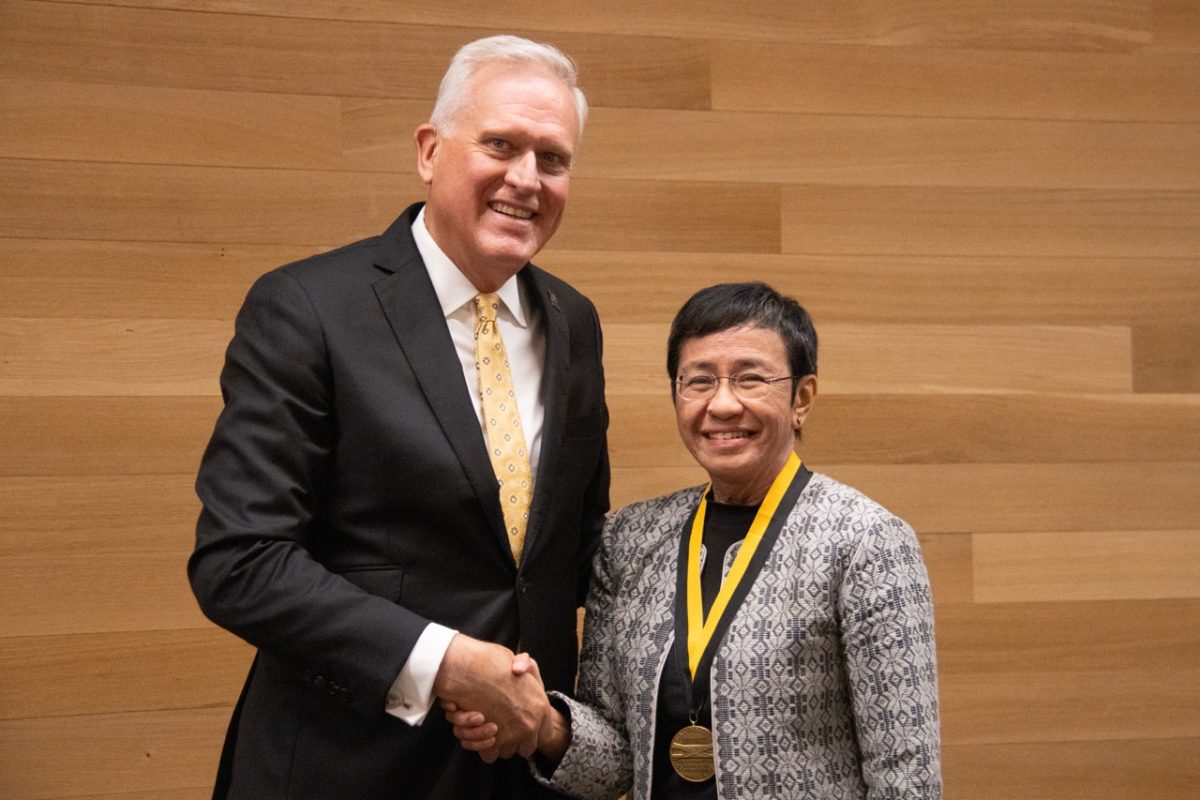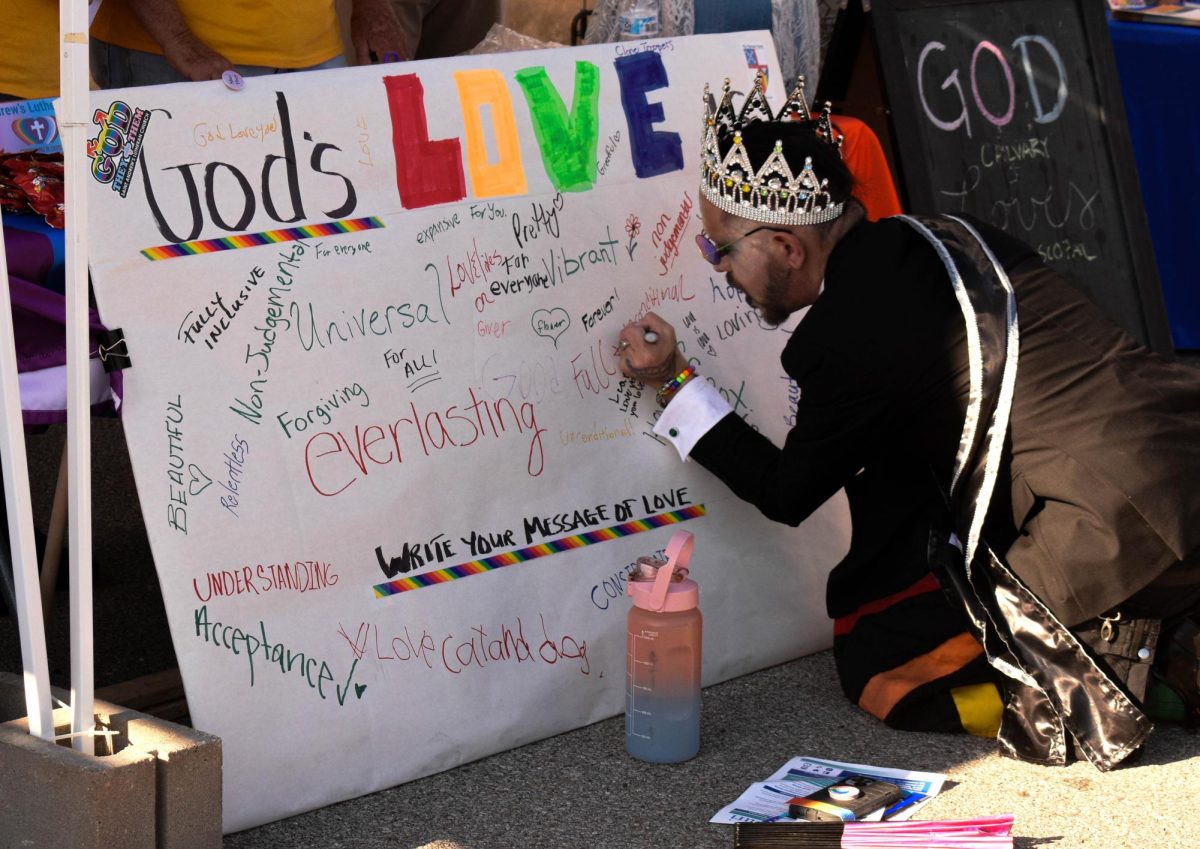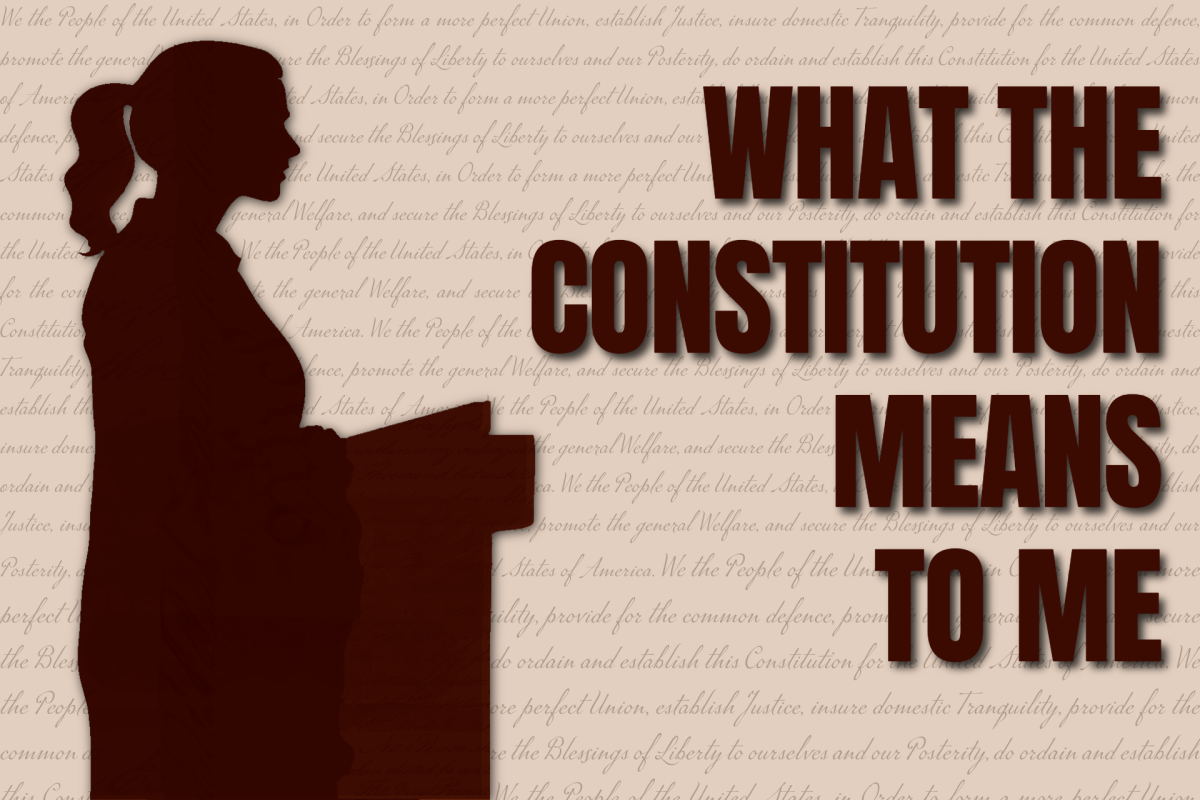June is known as Pride Month, a time when members of the LGBT community around the world to celebrate queer identities and communities. Pride festivals with lively parades, performances and streets full of people take place throughout the month, but this year, pride events have been postponed or even canceled in the face of the pandemic.
While COVID-19 remains a prevalent threat in most communities, many pride festivals have been forced to cancel all in-person celebrations. New York City, home to the most COVID-19 cases of all cities in the U.S., canceled all in-person pride events scheduled for this summer with no plans to reschedule.
Many festivals look to next year as a safer time to resume, however, some remain optimistic that a 2020 Pride is still possible. Chicago PrideFest and St. Louis PrideFest announced plans to hopefully postpone their events to late summer or fall. Mid-Missouri PrideFest, which takes place in Columbia, Mo., is still scheduled for late August.
Kansas City PrideFest opted to reschedule for Oct. 2-4. Bill Svoboda, executive director of KC PrideFest, said he is “trying to be very optimistic” about the reschedule but knows that many aspects of the festival will have to change.
“We’ve been looking at all our various options,” Svoboda said. “We will certainly be bringing in the assistance from the City of Kansas City, Missouri Health Department to have them advise us on what level and what measures they feel comfortable for us to take.”
Svoboda later added that the festival is also looking to the mayor’s office for advice to ensure festival goers feel safe.
Svoboda said the festival is likely to implement safety precautions, such as mandatory facemasks, temperature checks upon entry and hourly sanitization of high-touch surfaces. To reduce crowding and enforce social distancing, the festival has also considered limiting both the total number of people allowed in and the size of audiences for live performances. One possible solution, according to Svoboda, would be something similar to cattle pens, where only a certain number of people would be allowed in each pen.
Even with new health and safety precautions in place, Svoboda recognizes that encouraging social distancing at a festival will be difficult. He envisions that by the October reschedule date, many people will be desperate for opportunities to socialize and will disregard social distancing protocols.
Svoboda said that any decisions about the festival will be made with the advice of health experts and the safety of festival goers in mind.
“I can’t emphasize enough that the health, well-being and safety of the LGBT community is of the utmost importance,” Svoboda said. “That will reflect anything that we do, which could mean not to have the festival.”
As pride festivals decide what their futures for this year may look like, many people, especially college-aged LGBT students, struggle with what to expect at these events.
MU sophomore Dany Fischer had plans to attend three pride festivals this summer before the events started to be postponed and cancelled. Fischer said even though many events have been postponed in the hopes that conditions will improve, she finds it hard to believe that any pride festivals will take place this year.
According to Fischer, pride cancellations will have a large impact on the LGBT community, especially in conjunction with the closures and shutdowns of other queer spaces due to the pandemic. Recently, Yin Yang Night Club, an LGBT space in Columbia, closed permanently due to COVID-19.
“More and more of these spaces are disappearing because they’re locally owned,” Fischer said. “Pride is really all some small towns have left.”
Puja Halder, a sophomore at MU, hoped to attend her first pride festival this year. Her summers are normally busy with volunteering and working, but this year she had planned to go to St. Louis PrideFest with a friend.
“I was actually thinking about going to the St. Louis one with one of my really good friends, and I was pretty excited,” Halder said. “I had been wanting to go to [Pride] for a long time, but I just never had.”
Even though St. Louis PrideFest was rescheduled for August, Halder said she is too worried about COVID-19 to attend any large events for the rest of the year.
“I just don’t think it’s worth it,” Halder said. “[Pride] is supposed to be a celebration of who you really are as a person and being able to show that to people in your community, and if it’s just a few people, and they’re all kind of scared, I don’t think that really celebrates what Pride should be.”
Halder said that even though people will have to social distance for a long time, she knows losing the aspect of physical closeness will take away from the atmosphere of events like Pride.
“I used to go to concerts and all these huge things with a lot of people, and I never had a care in the world,” Halder said. “It’s just crazy to think how quickly things have changed … From now on, I’ll always think about if I’m too close to someone else.”
As large events add new precautions, festival goers’ only option is to attend celebrations that look wildly different from pride festivals of the past. Pride events normally involve physical closeness with others in the LGBT community and a sense of togetherness among a crowd. Fischer said she wonders if recreating this experience during the current reality of social distancing is possible.
“One of the things that’s so great about pride events is that you get to have all these different people packed into a small space,” Fischer said. “One of the biggest influences on me with my first Pride was that you get to see all of these different people that you wouldn’t necessarily see otherwise, and you realize that you could live your life like them and you could grow up to be them. If you have less people there and if you have them far apart, you don’t get that interaction aspect of it that I would say is the most important part of Pride.”
_Edited by Sophie Stephens | [email protected]_


